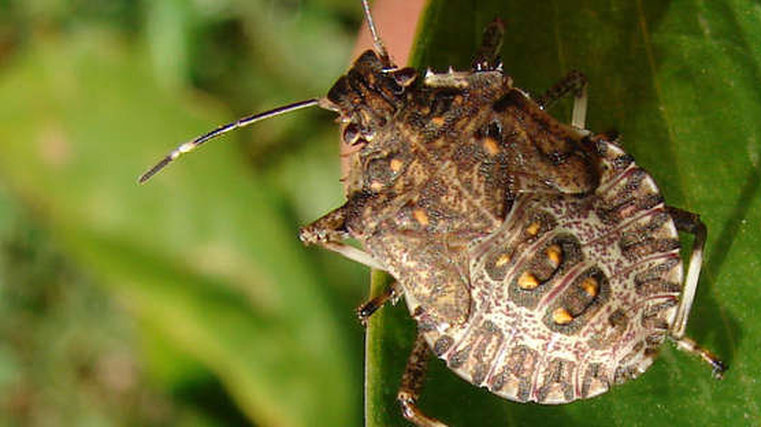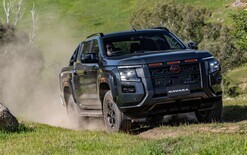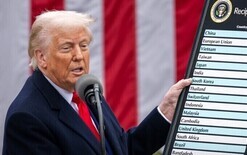Have your say on stink bug rules

The government is seeking feedback on proposed changes to the import health standard that covers new and used vehicles coming into the country.
The draft document for vehicles, machinery and parts was released by the Ministry for Primary Industries (MPI) this month and is open for consultation until November 10.
Among the proposals is adding Uzbekistan to the list of places required to treat goods for brown marmorated stink bugs (BMSBs), which will take the number of risk countries on what is known as schedule three to 39.
Japan is among the countries already subject to schedule-three requirements but other locations where BMSBs are native, such as China, South Korea, North Korea and Taiwan, remain off the list.
MPI says it assessed several other countries, including those within the native range of BMSB, as well as the UK, Chile, Argentina, Morocco and Algeria.
“Based on the current assessment, there is no indication that these countries need to be added to schedule three for BMSB management,” it explains.
“This conclusion is supported by factors such as the absence of strong evidence of BMSB establishment, low interception rates at the New Zealand border, the presence of native predators and competitors limiting population growth, and limited distribution and population density.
“MPI will continue to monitor emerging risks, maintain enhanced border inspections, and actively engage with national plant protection organisations. These conclusions will be reviewed if new information becomes available.”
The suggested changes will be the first update to the import health standard since August 2021 and include aligning the requirements for used parts with those for used machinery.
This means used parts from vehicles, outdoor or targeted indoor machinery exported as a full container load will no longer require treatment outside of the BMSB risk season, which runs from September 1 to April 30.
Instead, importers will have to provide a cleaning declaration to confirm used parts are free from contaminants and pests.
“During the BMSB risk season, treatment and a cleaning declaration will be required, consistent with the requirements for whole machinery,” adds MPI.
“This ensures that biosecurity risks – such as seeds and plant material not addressed by BMSB-specific treatments – are effectively managed.
“Parts imported under an MPI-approved system will be exempt from the cleaning declaration requirement, as these systems already ensure the parts are free from biosecurity contaminants.”
Allowing new non-fully enclosed trailers to the list of commodities that can use a manufacturer’s declaration to be excluded from BMSB requirements is also in the draft standard.
MPI notes that during a recent review of the import health standard some stakeholders proposed used vehicles imported from Japan, which are only required to undergo treatment during the BMSB risk season, should be subject to such action throughout the year.
“After reviewing the available evidence, it was determined that year-round treatment is not justified from a biosecurity risk management perspective,” the ministry says.
“Compliance levels for Japanese used vehicles are high, and most contaminants detected – such as plant material and seeds – cannot be effectively managed through heat treatment or fumigation.
“Given that there has been no significant change in the biosecurity risk profile of used vehicles from Japan, we are not extending heat treatment beyond the current seasonal regime.”
MPI adds that while it is not proposing year-round treatment for Japanese used vehicles, it is interested in feedback on how such a measure would impact imports and their businesses.
To view the consultation document, click here. Submissions close at 5pm on November 10, 2025.





